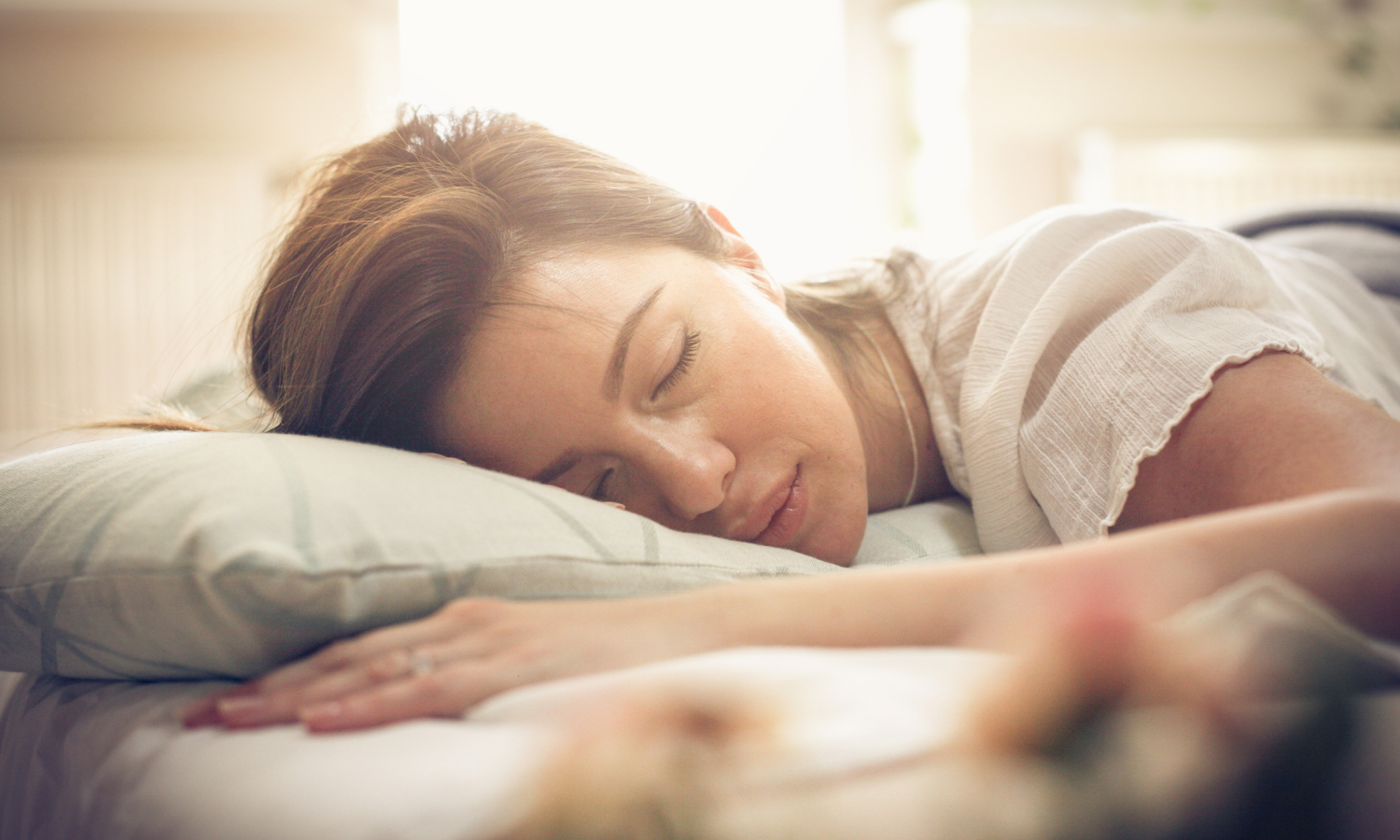May is Better Sleep Month, and Southwoods wants to raise awareness about the benefits of better sleep. Getting adequate rest is beneficial to both your daily life and overall health. Here are 6 tips for getting a good night’s sleep.
1. Increase Natural Light During the Day
One of the most effective ways to improve sleep quality at night is by taking care of yourself during the day with exposure to natural light. Your body is on its own sort of time clock and insufficient amounts of Vitamin D can alter your circadian rhythm. By spending time in the daylight, the sun supports healthier and more consistent sleep patterns.
2. Stay Active
Regular physical activity is essential to your overall health, especially your sleep health. Exercising during the day burns energy so you’re tired at night, which helps you fall asleep faster when your head hits the pillow. Exercising earlier in the day is usually best, as exercising late at night may have a negative effect on your sleep because your body will still be in an alert and awake state.
3. Limit Blue Light Exposure in the Evening
Blue light exposure from everyday devices – smartphones, tablets, laptops and LED television screens – can interfere with your natural sleep cycle. All this blue light can reduce melatonin production, which may make it harder to fall asleep if you are on these devices for long periods during the day or at night. The additional stress that comes with spending time on screens, whether it’s work or social, can also contribute to sleep issues. To reduce exposure, consider blue light glasses or downloadable applications that reduce the blue light emissions from your screens.
4. Consume Caffeine in the Morning and Don’t Eat Late
Consuming caffeine in the morning can help you wake up and have more energy to start your day. Consuming caffeine later in the day can stop your body from relaxing and make it harder to fall asleep. Eating well balanced meals at appropriate times during the day can also help you sleep better at night. To avoid disrupting your sleep cycle, the latest you should consume a meal is about four hours before going to bed.
5. Reduce the Frequency and Length of Your Naps
Short, intentional naps can be beneficial when taken in moderation. Sleeping too long or too often during the day can reduce the melatonin levels in your body at night, as well as interrupt your circadian rhythm. To maintain a healthy sleep schedule, try napping for 30 minutes or less in the early afternoon to avoid interfering with nighttime sleep.
6. Stay on a Sleep Schedule
Having a consistent sleep schedule is one of the most important ways to make sure you’re getting adequate rest. Your body is on an internal clock so going to sleep and waking up at the same time every day can help set an efficient loop for your body to function properly. This can make your daytime hours more energetic and productive.
There are many ways to help improve your sleep and ensure you are getting adequate rest. Increasing your quality of sleep can increase the quality of your day, maximize productivity and improve overall health. If you have tried many ways to improve your sleep and still are having trouble, you may be suffering with a sleep disorder. If left untreated, these disorders can lead to potentially serious health conditions. If you suspect you have a sleep-related disorder, you can call the Southwoods Sleep Centers to schedule a consultation.




